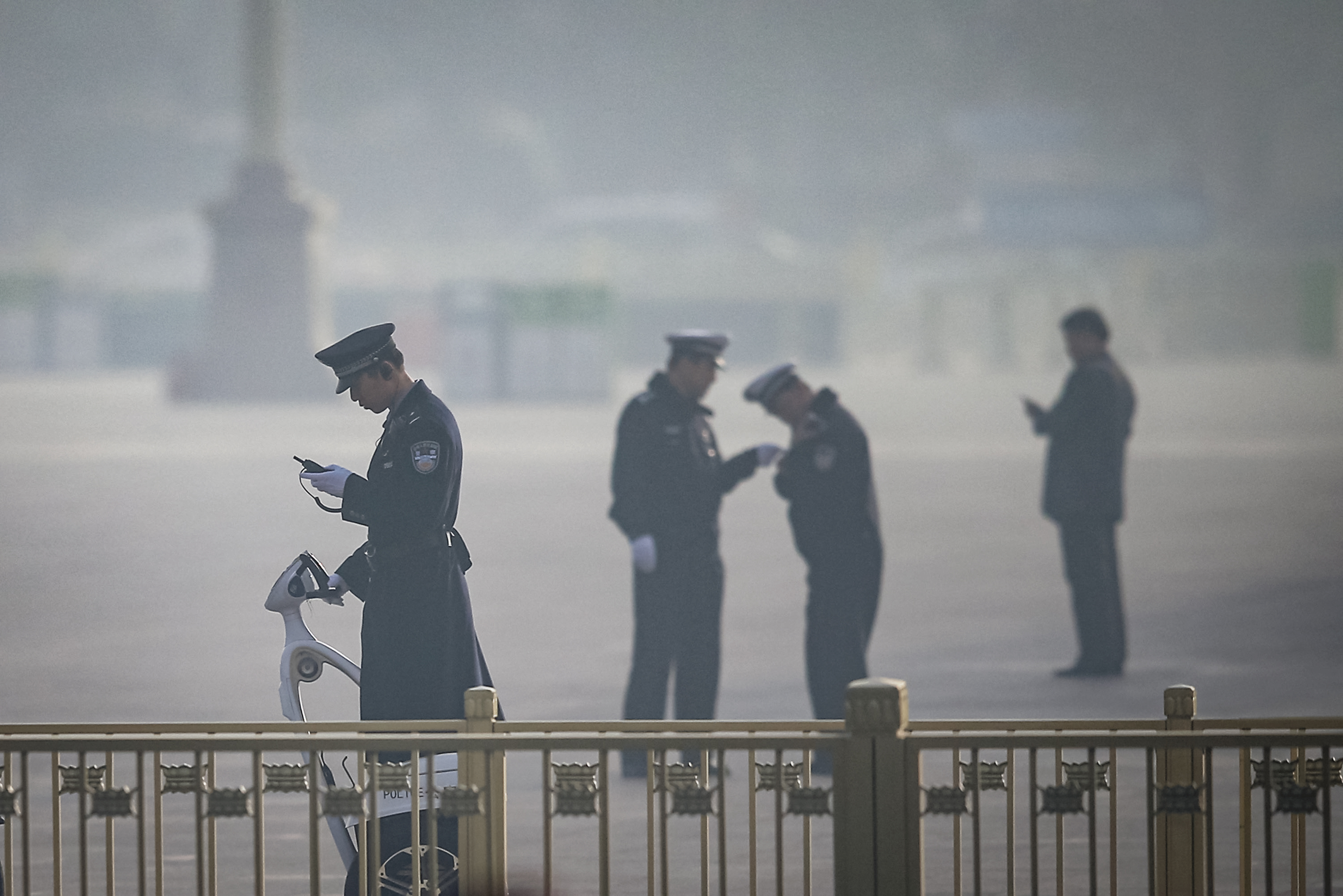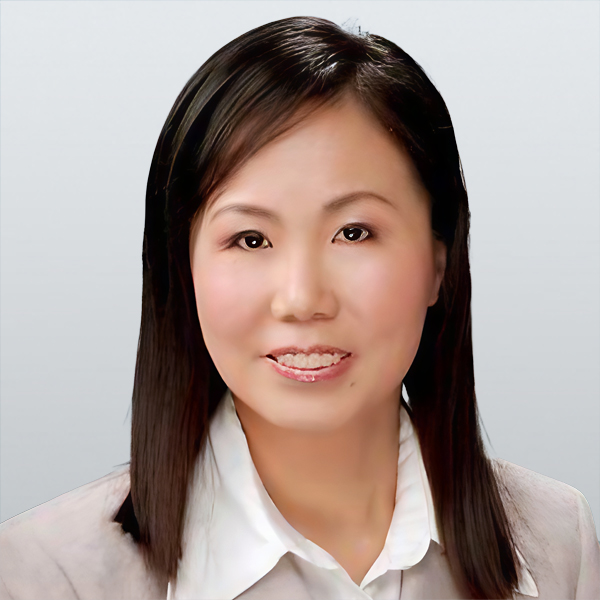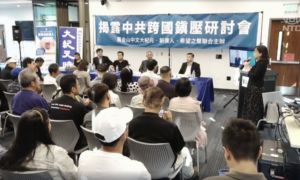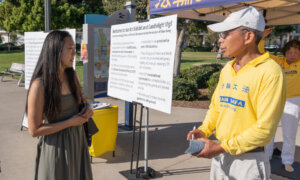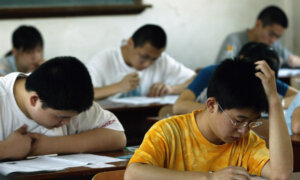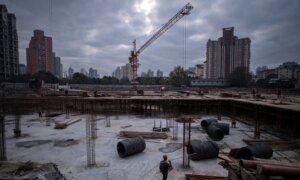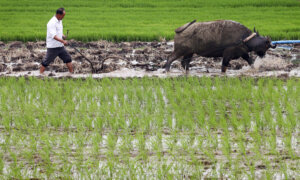News Analysis
Chinese officials in Beijing have been circulating a letter since last month expressing princelings’ concerns about the future of the Chinese Communist Party (CCP), according to one China expert who learned this from Party insiders.
Princelings refer to the second generation of the founders of communist China.
In a Dec. 14 interview with Chinese-language program “Pinnacle View” on NTD, a sister media outlet of The Epoch Times, Yuan Hongbing, a former Peking University law professor, talked about the letter. He said that Liu Yuan—a retired general and the son of a prominent first-generation CCP leader, Liu Shaoqi—allegedly authored the letter, warning that the CCP would face its demise if it continued on its current path under Party leader Xi Jinping.
As the CCP’s first-ranking vice chairman, Liu’s father was once considered the successor of Chinese communist leader Mao Zedong before being purged during the Cultural Revolution.
Yuan was Xi’s drinking buddy in the 1980s before Xi rose to power and has also maintained connections with some senior officials.
The letter outlines three crises attributed to Xi’s policies: political instability, economic turmoil, and tensions in the Taiwan Strait.
Yuan said the author’s depiction of the military’s instability is particularly alarming. The letter points out that many officers now carry loaded guns wherever they go in case they need to confront and defy the disciplinary officials who visit them or summon them for a “talk.”
The author criticized Xi’s anti-corruption campaigns to purge and consolidate power, claiming that they have fostered widespread discontent and insecurity within the Party and military.
“The phenomenon represents a frightening sign of military unrest and a harbinger of the total collapse of the CCP,” Yuan said, adding that instead of committing suicide, Chinese military officials might start a new wave of resistance by killing military investigators.
On the economic front, the letter’s author attributes China’s current slowdown to the far-left policies that, in his view, mirror the disastrous economic model of the Cultural Revolution.
Before Xi came to power in 2012, China followed the path set by Deng Xiaoping’s economic reform policies, which relaxed some state control in the technology and real estate sectors and opened part of the Chinese market to foreign investments.
The princelings, of which Xi is a prominent member, became increasingly worried that if China continued on Deng’s path, the Party wouldn’t be able to continue ruling the country with the communist ideology and capitalist market under one roof. They feared this would ultimately lead people to abandon communism, causing China to break away from the CCP’s control.
Consequently, Xi made a left turn in his economic policies.
Emboldened by China becoming the world’s second-largest economy in 2010, Xi wanted China to achieve global dominance via advanced manufacturing and focus on nurturing national industrial champions. At the same time, he clamped down on the private sector in China. His policies indicate artificially imposed goals for China’s economy, similar to those in the Cultural Revolution—such goals didn’t materialize.
The letter warns that it would be a grave mistake for the CCP to expect the Chinese people to support the Party in any circumstance as they did during the late 1950s, when tens of millions died in the Great Famine, as the public’s mindset has drastically shifted. If such a crisis were to occur again, the author wrote, the CCP would face an inevitable overthrow.
The author called the CCP’s efforts to unify Taiwan a failure and warned that a potential war with Taiwan would likely devastate much of China’s coastal provinces—its most developed regions—further destabilizing the CCP.
The letter offers recommendations, including transforming the CCP into a social democratic party. However, Yuan expressed doubt.
“The reality is that the CCP’s oppressive rule has caused immense suffering to the Chinese people—a grave injustice that will not be forgiven,” he said.
“The princelings deeply fear that the CCP will collapse amid the widespread contempt of the people. They hope to avoid such a humiliating end for the Party.”
Further, Yuan said the international community is “slowly moving away from its policy of appeasement toward the CCP’s regime.”
“The era of hoping that the CCP will adhere to international norms or expecting any meaningful cooperation from the CCP must end,” he said.
“Coexistence with the CCP is simply impossible—either communist rule will dominate the world or humanity will eventually eradicate the remnants of communism. There is no middle ground.”
